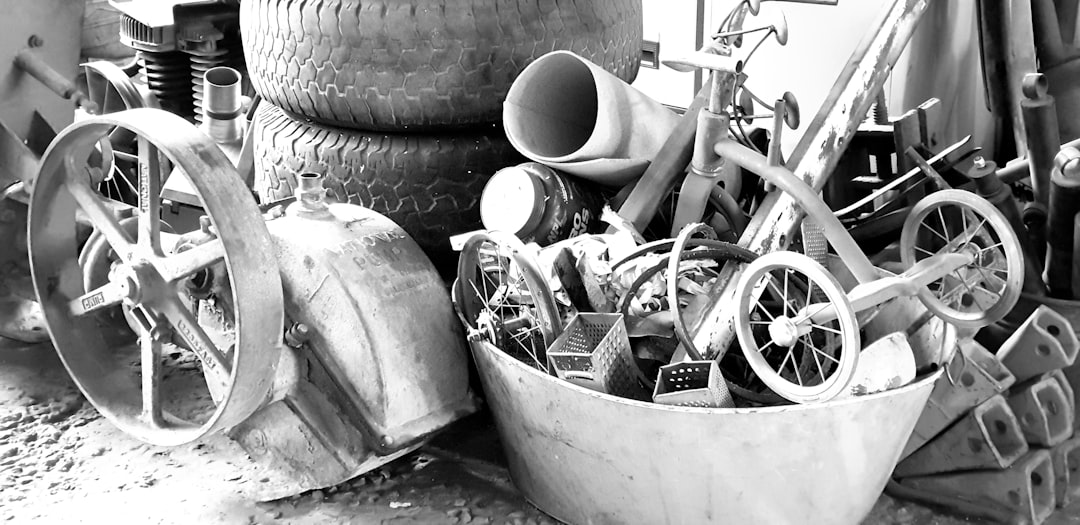
Stormwater runoff is a significant environmental issue that affects communities worldwide. As rainwater flows over urban surfaces, it picks up pollutants, debris, and sediment, carrying them into our waterways and posing a threat to aquatic ecosystems and human health. To mitigate this problem, stormwater filtration systems have become a crucial component of urban infrastructure. In this article, we’ll delve into the importance of stormwater filtration systems, their benefits, and how they can be effectively implemented.
Stormwater runoff is a major contributor to water pollution, as it carries pollutants and contaminants into our waterways. These pollutants can come from a variety of sources, including urban runoff, agricultural runoff, and industrial activities. When stormwater enters our waterways, it can harm aquatic life, contaminate drinking water sources, and even pose a risk to human health. For example, stormwater runoff can carry pollutants like heavy metals, pesticides, and bacteria, which can be harmful to humans and wildlife.
Stormwater filtration systems are designed to capture and remove pollutants from stormwater runoff before it enters our waterways. These systems typically consist of a network of pipes, pumps, and treatment units that work together to filter out pollutants and sediment. The most common types of stormwater filtration systems include:
1. Sedimentation basins: These basins use gravity to separate sediment and pollutants from stormwater runoff.
2. Wetlands: Natural or constructed wetlands can be used to filter out pollutants and sediment from stormwater runoff.
3. Biofiltration systems: These systems use vegetation and soil to filter out pollutants and sediment from stormwater runoff.
4. Sand filters: Sand filters use sand and gravel to remove pollutants and sediment from stormwater runoff.
Stormwater filtration systems offer numerous benefits, including:
1. Improved water quality: By removing pollutants and sediment from stormwater runoff, these systems can significantly improve water quality.
2. Reduced erosion: Stormwater filtration systems can help reduce erosion by slowing down stormwater runoff and allowing it to infiltrate the soil.
3. Increased property values: Communities with effective stormwater filtration systems can experience increased property values, as residents and businesses are more likely to invest in areas with clean and healthy waterways.
4. Compliance with regulations: Stormwater filtration systems can help communities comply with federal and state regulations regarding stormwater runoff.
Implementing stormwater filtration systems requires careful planning and design. Here are some key considerations:
1. Site selection: Stormwater filtration systems should be located in areas with high stormwater runoff volumes and pollutant loads.
2. System design: The design of the stormwater filtration system should take into account the specific needs of the community, including the type and amount of pollutants present in the stormwater runoff.
3. Maintenance: Regular maintenance is crucial to ensure the effectiveness of stormwater filtration systems. This includes cleaning and inspecting the system, as well as monitoring water quality.
4. Public education: Public education and outreach are essential to ensure that residents and businesses understand the importance of stormwater filtration systems and how they can contribute to their effectiveness.
In conclusion, stormwater filtration systems are a critical component of urban infrastructure, playing a vital role in protecting our waterways and communities. By understanding the importance of these systems, their benefits, and how they can be effectively implemented, we can work towards creating healthier, more sustainable communities for generations to come.
 The Kaleidoscope of Life: A Journey Through the Whimsical World of Color and Pattern
The Kaleidoscope of Life: A Journey Through the Whimsical World of Color and Pattern